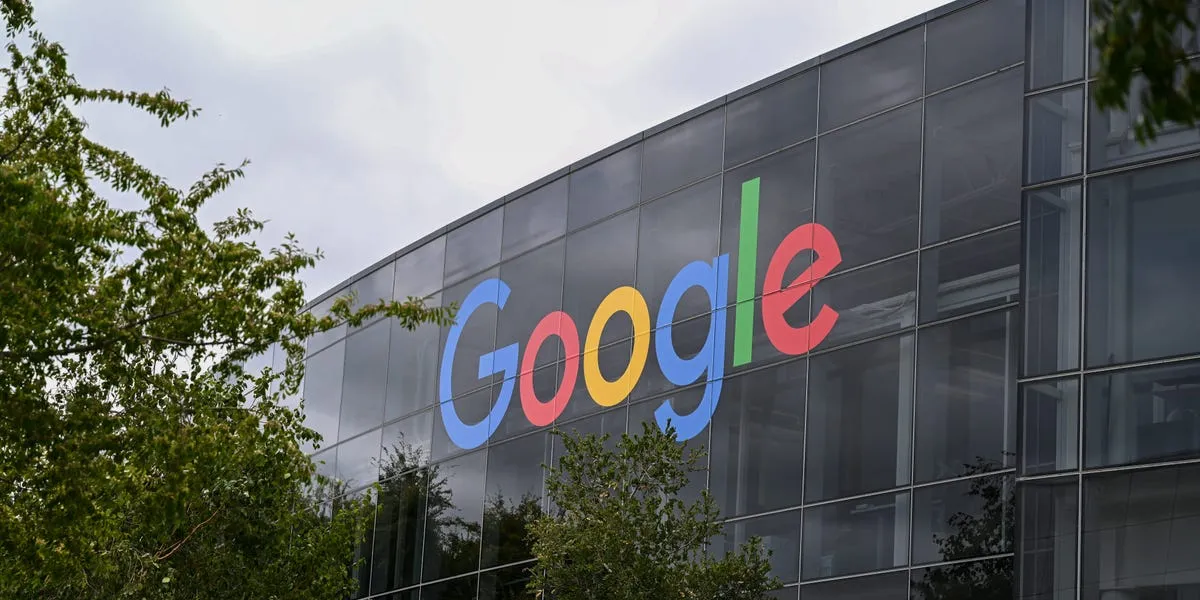
Since the introduction of ChatGPT in 2022, the tech industry has been abuzz with questions regarding the future of Google. Investors are particularly concerned about the potential ramifications for Google if more users begin to favor AI engines over the traditional search capabilities offered by Google’s dominant search engine. Recent developments indicate that this shift may already be underway.
In a significant announcement, Apple executive Eddy Cue revealed that search activity on Apple’s Safari browser experienced its first decline in April. This unprecedented change was attributed to an increasing number of users opting for AI tools to answer their queries instead of using traditional search engines. Cue made this statement during his testimony in a federal antitrust lawsuit against Google’s parent company, Alphabet.
Apple receives over $20 billion annually from Google to set Google as the default search engine on Apple devices. Cue noted that the decline in search volume was largely due to the rise in usage of AI search providers like OpenAI, Perplexity AI Inc., and Anthropic PBC. He expressed the belief that these AI search alternatives could eventually replace conventional search engines, including Google.
During his testimony, Cue indicated that Apple is considering integrating AI engines as search alternatives within its Safari browser in the future. While he acknowledged that these AI options are unlikely to become the default initially, he affirmed that they will be added to the list of available search alternatives as they continue to improve. This strategic move suggests that Apple is adapting to the changing landscape of online search.
The growing interest in AI technologies has led investors to pour substantial funding into companies like OpenAI, resulting in soaring valuations. This influx of capital is driven by the prospect of these AI firms potentially capturing a portion of Google’s market share, which significantly contributes to Google’s current valuation of $2 trillion.
In response to the competitive threat posed by AI, Google has been actively transforming itself into an AI company. The company has been enhancing its search functionalities by implementing its Gemini AI engine, which aims to provide more relevant answers to user queries. Despite facing some initial setbacks—such as the infamous “glue pizza” incident—Google remains committed to improving its AI capabilities and insists that user satisfaction with search results is on the rise.
During a recent earnings call, Google CEO Sundar Pichai highlighted that the company’s AI initiatives are yielding positive results, contributing to an increase in search volume. He stated, “Nearly a year after we launched AI Overviews in the US, we continue to see that usage growth is increasing as people learn that Search is more useful for more of their queries.”
Despite Google’s efforts to embrace AI and enhance its search offerings, Cue's testimony suggests that these strategies may not be sufficient to maintain Google's market dominance. Following the announcement, Google shares saw a significant decline, falling over 9% in afternoon trading. This drop reflects the growing investor concerns regarding Google’s ability to fend off competition from emerging AI search technologies.
As the landscape of online search evolves, it remains to be seen how Google will adapt to the increasing popularity of AI-driven search engines and what this will mean for its long-term market position.